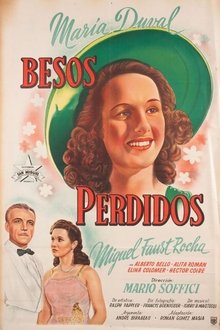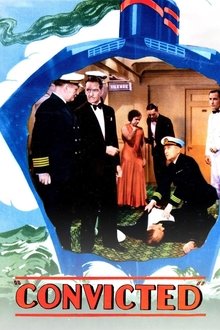Jan Decorte's second feature film is an adaptation of the play Hedda Gabler by Norwegian playwright Henrik Ibsen. Decorte moved the locus of action of Ibsen's realistic play from 1890 to 1950, twenty-eight years earlier than when the film was shot. The story begins when Hedda returns home from an overly long honeymoon with her newly wed but colourless husband Tesman. She is pregnant and will be courted by the writer Eljert Lövbor, an old lover who is about to break through with an exceptional novel of autobiographical quality [Avila].
Related Movies
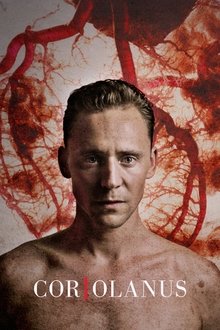
National Theatre Live: Coriolanus (2014)
When an old adversary threatens Rome, the city calls once more on her hero and defender: Coriolanus. But he has enemies at home too. Famine threatens the city, the citizens’ hunger swells to an appetite for change, and on returning from the field Coriolanus must confront the march of realpolitik and the voice of an angry people.
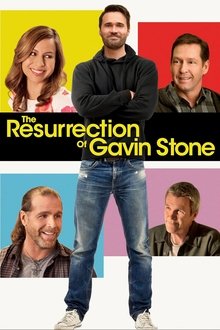
The Resurrection of Gavin Stone (2017)
Gavin Stone, a washed-up former child star, is forced to do community service at a local megachurch and pretends to be Christian so he can land the part of Jesus in their annual Passion Play, only to discover that the most important role of his life is far from Hollywood.
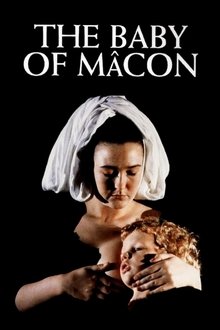
The Baby of Mâcon (1993)
Set halfway through the 17th century, a church play is performed for the benefit of the young aristocrat Cosimo. In the play, a grotesque old woman gives birth to a beautiful baby boy. The child's older sister is quick to exploit the situation, selling blessings from the baby, and even claiming she's the true mother by virgin birth. However, when she attempts to seduce the bishop's son, the Church exacts a terrible revenge.
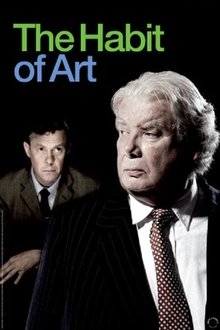
National Theatre Live: The Habit of Art (2010)
National Theatre Live’s 2010 broadcast of Alan Bennett’s acclaimed play The Habit of Art, with Richard Griffiths, Alex Jennings and Frances de la Tour, returns to cinemas as part of the National Theatre's 50th anniversary celebrations. Benjamin Britten, sailing uncomfortably close to the wind with his new opera, Death in Venice, seeks advice from his former collaborator and friend, W H Auden. During this imagined meeting, their first for twenty-five years, they are observed and interrupted by, amongst others, their future biographer and a young man from the local bus station. Alan Bennett’s play is as much about the theatre as it is about poetry or music. It looks at the unsettling desires of two difficult men, and at the ethics of biography. It reflects on growing old, on creativity and inspiration, and on persisting when all passion’s spent: ultimately, on the habit of art.
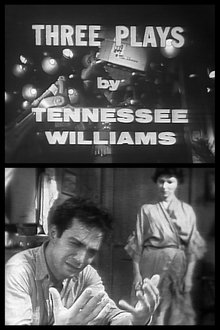
Three Plays by Tennessee Williams (1958)
A presentation of Tennessee Williams' three one-act plays: "Moony's Kid Don't Cry", "The Last of My Solid Gold Watches", and "This Property Is Condemned".
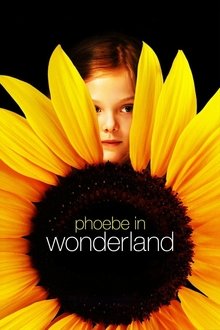
Phoebe in Wonderland (2008)
The fantastical tale of a little girl who won't - or can't - follow the rules. Confounded by her clashes with the rule-obsessed world around her, Phoebe seeks enlightenment from her unconventional drama teacher, even as her brilliant but anguished mother looks to Phoebe herself for inspiration.

One Brief Summer (1971)
The story deals with the situation of a mature man, his mistress, his daughter and a young girl who comes into their lives.
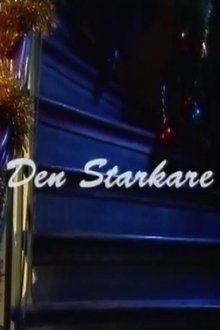
Den starkare (2004)
Two friends meet at a café. The silent unmarried Mr Y and the outspoken married Mr X. When Mr X realises that Mr Y was his rival for his wife's love they enter a battle of the minds where the stronger will win.
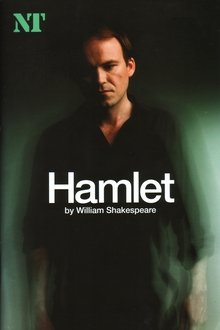
National Theatre Live: Hamlet (2010)
A 2010 broadcast of Hamlet returns to cinemas as part of the NT's 50th anniversary celebrations. Following his celebrated performances at the National Theatre in Burnt by the Sun, The Revenger's Tragedy, Philistines and The Man of Mode, Rory Kinnear plays Hamlet in a dynamic new production of Shakespeare’s complex and profound play about the human condition, directed by Nicholas Hytner. He is joined by Clare Higgins (Gertrude), Patrick Malahide (Claudius), David Calder (Polonius), James Laurenson (Ghost/Player King) and Ruth Negga (Ophelia).
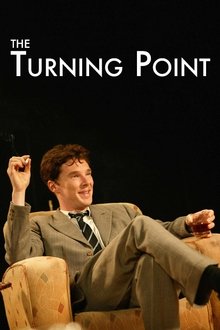
The Turning Point (2009)
In The Turning Point, written by Michael Dobbs, Benedict Cumberbatch takes the role of Guy Burgess while Matthew Marsh plays the part of Winston Churchill. The play was part of the Sky Arts Theatre Live! Series, which won the Broadcasting Press Guild Best Multichannel Programme Award.
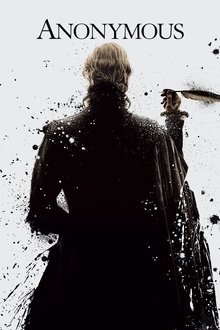
Anonymous (2011)
Set against the backdrop of the succession of Queen Elizabeth I, and the Essex Rebellion against her, the story advances the theory that it was in fact Edward De Vere, Earl of Oxford who penned Shakespeare's plays.

L'Amour fou (1969)
A troubled marriage is tested by the couple's involvement in a theatrical production of Racine’s Andromaque.
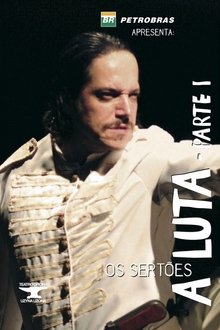
Os Sertões: A Luta I (2005)
From 2000 to 2007, Teat(r)o Oficina Uzyna Uzona worked on the staging of Euclides da Cunha's epic book, Os Sertões, which describes the 19th Century War of Canudos in the Brazilian "sertão," lead by Antônio Conselheiro. The final result was a pentalogy of plays. This forth play deals with the cause of the war, when a judge from Juazeiro stopped a shipment of wood that was paid for from being delivered for the construction of the New Church of Canudos. Three expeditions were sent by the National Army and defeated, the last one commanded by the famous Colonel Moreira César. The Army faced the humiliation of soldiers deserting and running away, and the impaling of Colonel Tamarindo. He ended up being the main character in a macabre installation on the road to Canudos, created by the Jagunços (thugs from the sertão) and the Mandrakes to intimidate new expeditions.
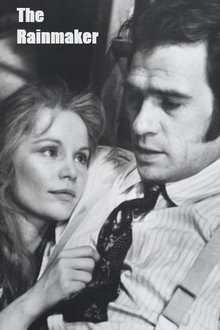
The Rainmaker (1982)
Traveling rainmaker Starbuck arrives at the drought-ridden Curry place, promising rain for the farm and perhaps a romance for 'spinster sister' Lizzie.
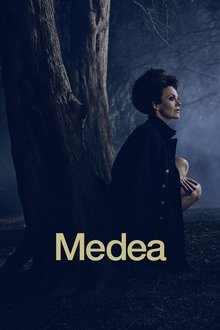
National Theatre Live: Medea (2014)
Medea is a wife and a mother. For the sake of her husband, Jason, she’s left her home and borne two sons in exile. But when he abandons his family for a new life, Medea faces banishment and separation from her children. Cornered, she begs for one day’s grace. It’s time enough. She exacts an appalling revenge and destroys everything she holds dear.
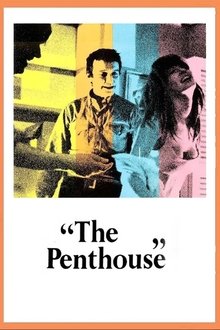
The Penthouse (1967)
A married man and his young mistress suffer sadistic torture when Tom, Dick and Harry invade their penthouse.

The Little Minister (1975)
In rural 1840's Scotland, Gavin Dishart arrives to become the new "little minister" of Thrums's Auld Licht church. He meets a mysterious young gypsy girl in the dens and to his horror Babbie draws him into her escape from the soldiers after she incites a Luddite riot. But unknown to Gavin, Babbie is more than she seems. And they must overcome her secret, the villagers' fears of her, and worst of all, Gavin's devotion to his mother's sensibilities, before they can openly declare their love.
